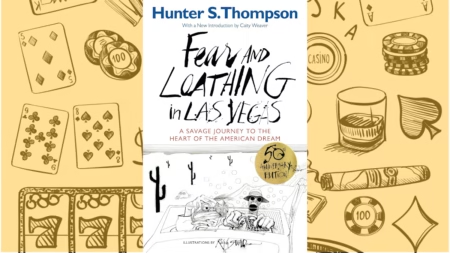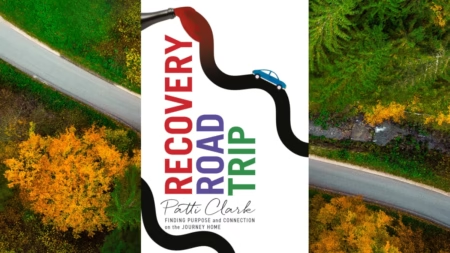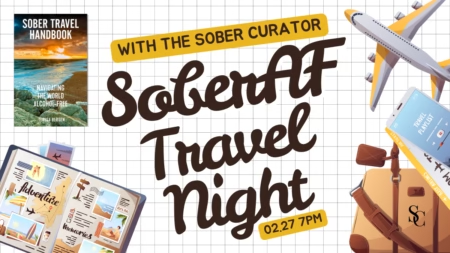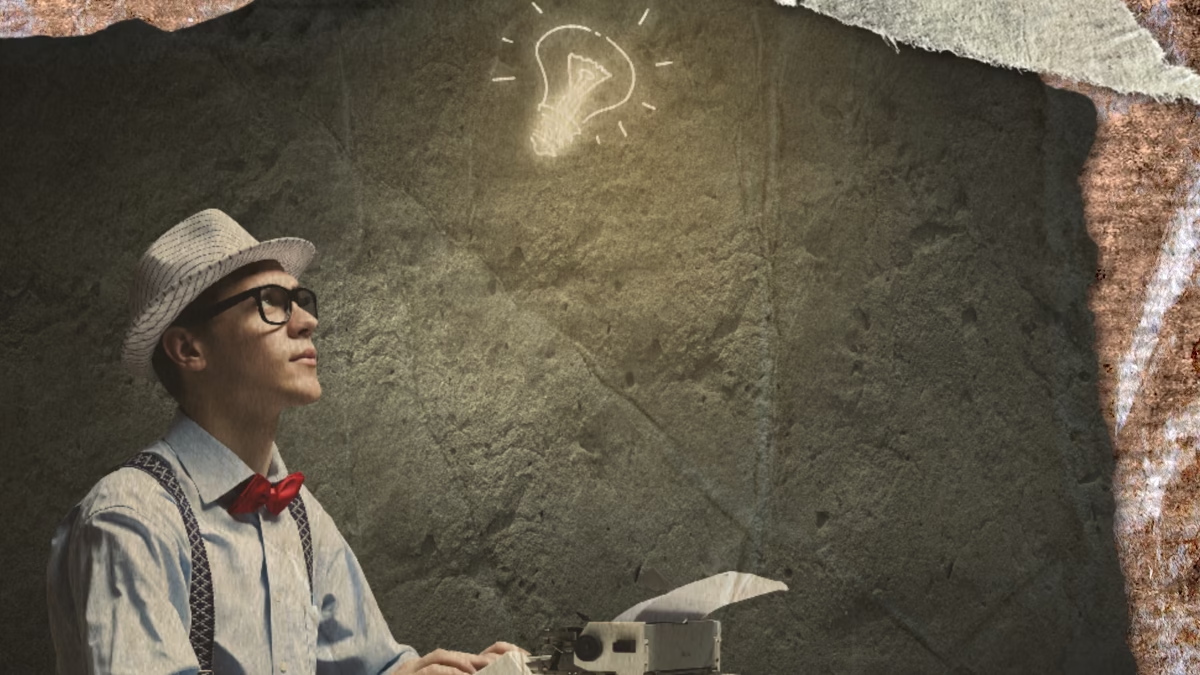
It’s Recovery Month, and what better way to celebrate than finally writing that quit lit book? Ever wondered how to craft a quit lit story? Is a memoir a quit lit story? Yes. A memoir is essentially a snapshot from your life — what it was, what happened, and what it’s like now. It focuses on a specific lesson learned and how you’ve changed. A quit lit memoir, short for “quit” literature (as in “I quit drinking”), chronicles the journey from drunk to sober. It’s not a cradle-to-grave autobiography; rather, it captures a distinct slice of life — a period marked by a before, an incident and an after.
Let me introduce you to 25 potential frameworks for your quit lit story. Each is illustrated with examples from books, movies or TV series (PS: I didn’t invent these structures; they’re tried-and-true formulas, mmkay? They are sometimes known by different names). So, dive in and pick one (or a few!) that resonate or mirror your journey to sobriety. What are you waiting for? Let’s get started!
1. Monomyth (“The Hero’s Journey”)
Your memoir transforms into an epic quest: you answer the call to sobriety, face trials (like navigating the wine aisle at Costco) and return transformed, ready to share your wisdom. Think
“The Karate Kid” — you start out struggling, but with perseverance and a little guidance (Mr. Miyagi vibes, anyone?), you emerge victorious.
2. Save the Cat
Start with a moment that makes readers fall in love with you (even at your worst), then take them through your transformation. This structure fosters empathy. Think “Say Anything” — you’re the Lloyd Dobler of your story, standing outside your own window with a boombox, determined to win over your better self.
3. Rags to Riches
Show how you went from rock bottom to thriving in sobriety. Think “Working Girl” — you’re Tess McGill, starting in the mailroom. You’re given an opportunity and suddenly you’re coming up with the dim sum idea and proving everyone wrong.
4. The Phoenix Rising
Metaphorically burn it all down and rise from the ashes of your former self. Think “Clueless”: maybe you find yourself living in a bubble of privilege and ignorance, but through experiences — relationships, friendships and learning from mistakes — you evolve into someone more self-aware and grounded.
5. Man vs. Self
Your internal battle with addiction takes center stage. Think “Fight Club” — and you’ve just landed Edward Norton’s role, battling your inner demons, exploring your identity and struggling to reconcile different parts of yourself.
6. The Road Trip
Frame your story as a literal or metaphorical journey. Think “National Lampoon’s Vacation” — a chaotic trip filled with detours, disasters and moments of surprising clarity.
7. The Underdog
Nobody thought you could do it — least of all you. Think “Rocky” — you’re up against impossible odds, but you’re running up those stairs (probably with “Eye of the Tiger” playing in your head).
8. The Fairy Tale Gone Wrong
Start with your “perfect” life (on the outside), then show how addiction shattered the illusion — and how sobriety built something real. Think “Heathers” — that perfect high school clique turned dark.
9. The Redemption Arc
Focus on making amends and healing relationships. Think “Dead Poets Society” — a tale of renewal, connection and finding purpose through support and belief in yourself.
10. The Antihero
Embrace your flaws and bad decisions — warts and all. Think “Reality Bites” — a messy, Gen X antihero story where you grow without losing your edge.
11. The Detective Story
Approach your addiction like a mystery to be solved. Think “The X-Files” — digging deep into the unknown (and a lot of self-analysis) to uncover the truth.
12. The Dark Night of the Soul
Dive into your lowest moment and let the story unfold from there. Think “Trainspotting” — gritty, raw, and unflinchingly honest about the dark side.
13. The Mentor’s Tale
Frame your memoir as a partner walking alongside others on the same path. Think “Good Will Hunting” — it’s not your fault, and with a little guidance, you find your way.
14. The Love Story
Make your memoir a romance — between you and your sober self. Think “When Harry Met Sally” — a long journey to loving yourself, with witty banter (internal monologues count!).
15. The Comedy of Errors
Highlight the ridiculous, embarrassing, and cringe-worthy moments of addiction and recovery. Think “Dude, Where’s My Car?” And come to terms with the confusion and chaos of your drinking life. Look back at past mistakes (with or without a sense of humor) and use it as fuel for growth. The comedy comes from recognizing the errors, learning from them and finding a way forward despite the laughable journey.
16. The Survival Story
Frame sobriety as a life-or-death battle. Think “Jurassic Park” — you’re dodging metaphorical T. rexes (and maybe a velociraptor or two). Compare fighting addiction to a life and death battle … because it is. (Sorry, that was dark. But it’s true.)
17. The Growth Arc
Show how sobriety helped you evolve into the best version of yourself. Think “My So-Called Life” — growing pains, awkward moments, and figuring out who you really are. Tell your story of coming of age in recovery.
18. The Dual Timeline
Weave together “then” and “now” to show the contrast between your addicted and sober life. Think “Pulp Fiction” — different timelines that come together to make sense in the end.
19. The Rebel
Frame your sobriety story as an act of defiance against a culture that glorifies drinking. Think “Pump Up the Volume” — a middle finger to societal norms.
20. The Self-Discovery Arc
Sobriety is your path to discovering who you really are. Think “The Wonder Years” — a nostalgic, reflective journey filled with insights. Or “Doogie Howser, M.D.” when Vinnie has finally climbed back out your window to head home, you have a chance to pour your thoughts and wisdom from life’s latest lessons onto the screen of an IBM PS/2 Model 30 personal computer.
21. The Friendships Arc
Focus on the relationships that helped you get sober. Think “Friends” — your own personal Monica, Ross and Chandler helped you pull it together. Focuses on the importance of having a support system.
22. The Spiritual Awakening
Frame your story as a quest for meaning and purpose, with sobriety as the key to enlightenment. Think “The Truman Show” — where Jim Carrey questions what is real, much like someone in recovery begins to examine what’s true in their own life and makes the choice to step into a more honest and fulfilling reality.
23. The Workplace Drama
Show how addiction affected (and maybe nearly derailed) your career, and how sobriety saved it. Think “Office Space”: finding a way — even if it’s unconventional — to survive and thrive in a professional world gone mad.
24. The Superhero Origin Story
Sobriety is the moment you step into your power. Think “The Matrix” — you unplug from the booze machine and become the Neo of your own life.
25. The Legacy Arc
Frame your memoir as the story you’re leaving behind for future generations. Consider this and let it blow your mind for just a second: you could change the trajectory of your future family lineage … just by sharing your story. Think “Back to the Future” — your journey changes the timeline for the better.
Whichever arc(s) you choose, whatever speaks to you and fits your story, get that scaffolding up and start building! Like “Field of Dreams,” if you build it, they will come! Or rather, if you write it, they will read it! P.S. Don’t even play … I know you’re still singing “Eye of the Tiger” in your head.

TSC LIBRARY: Welcome to The Sober Curator Library! We don’t just read books; we immerse ourselves in literary journeys, tune in on Audible, and craft insightful reviews. Our digital shelves are organized into four genres: #QUITLIT, Addiction Fiction, Self-Help, and NA Recipe Books.
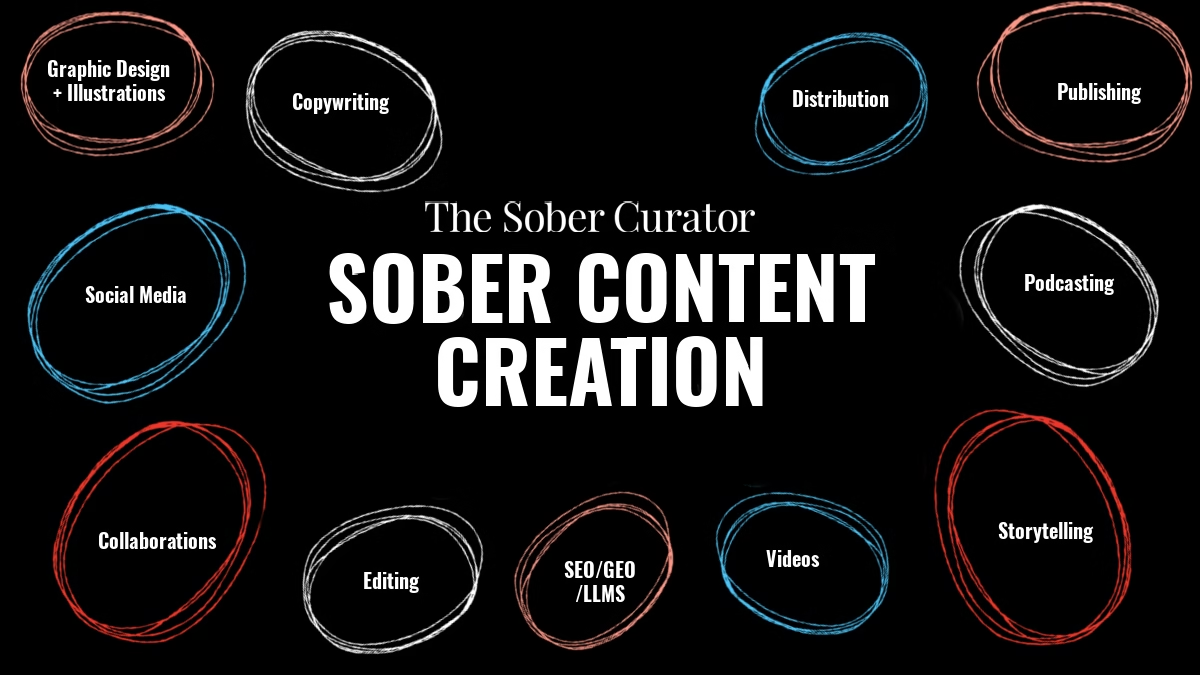
LIFESTYLE – SOBER CONTENT CREATION: This is The Sober Curator’s HOW TO hub for influencers, writers, artists, podcasters, and digital creatives in recovery who want to grow their impact while honoring their sobriety. This space goes beyond inspiration—it’s a practical guidebook for building a brand, launching a blog, starting a podcast, or creating engaging social content with clarity, integrity, and bold sober style.

25 Lists for Your Best Sober Self in 2025 – Hey list lovers! The SOBER UNBUZZED FEED at The Sober Curator is a powerhouse collection of 25 lists, each packed with 25 inspiring ideas, actions, and motivations to help you be your best sober self in 2025. Curated by Sober Curator Senior Contributor Amy Liz Harrison—accomplished author, engaging podcast host, devoted wife, and supermom of eight thriving in long-term recovery—this series blends wisdom, humor, and practical tips you can use right now.
From mindset shifts to daily habits, these lists are designed to motivate, empower, and guide you through sobriety and beyond. Follow Amy on Instagram @amylizharrison or visit amylizharrison.com to connect and learn more.
Your Go-To Guide for All Things Recovery & Sober Living
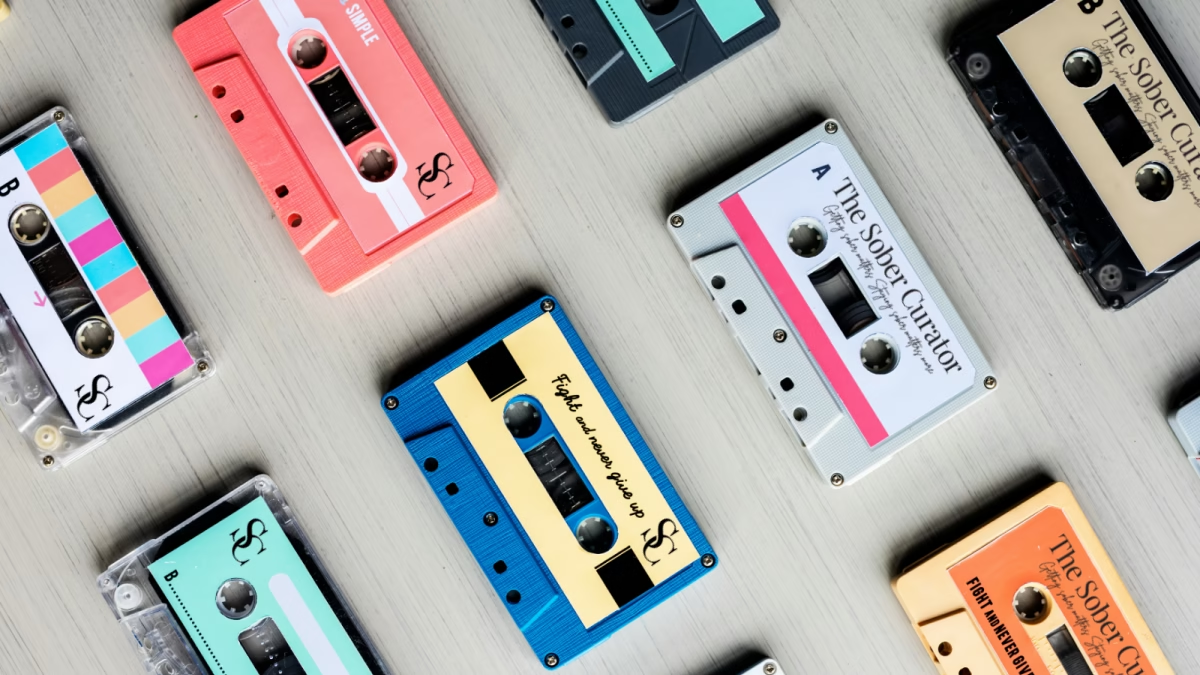
The Sober Curator’s PILLAR Content Hub is your one-stop guide for sobriety resources, addiction recovery resources, and sober living tips. From non-alcoholic drink guides to sober travel, entertainment, and lifestyle inspiration, our curated cornerstone articles are regularly updated to keep you informed, inspired, and connected. Whether you’re in recovery, sober curious, or supporting someone you love, this hub offers the sober lifestyle guide you’ve been looking for.

SOBER POP CULTURE at The Sober Curator is where mainstream trends meet the vibrant world of sobriety. We serve up a mix of movie, podcast, fashion, and book recommendations alongside alcohol-free cocktails, celebrity features, and pop culture buzz—all with a sober twist.
We’re here to shatter the “sobriety is boring” myth with a mash-up of 80s neon, 90s hip-hop edge, early 2000s bling, and today’s hottest trends. From celebrity shoutouts to red-carpet style inspo, this is where sober is as chic as it is fun. To the celebs using their platform for good—our Sober Pop Trucker hats are off to you!
Resources Are Available
If you or someone you know is experiencing difficulties surrounding alcoholism, addiction, or mental illness, please reach out and ask for help. People everywhere can and want to help; you just have to know where to look. And continue to look until you find what works for you. Click here for a list of regional and national resources.




